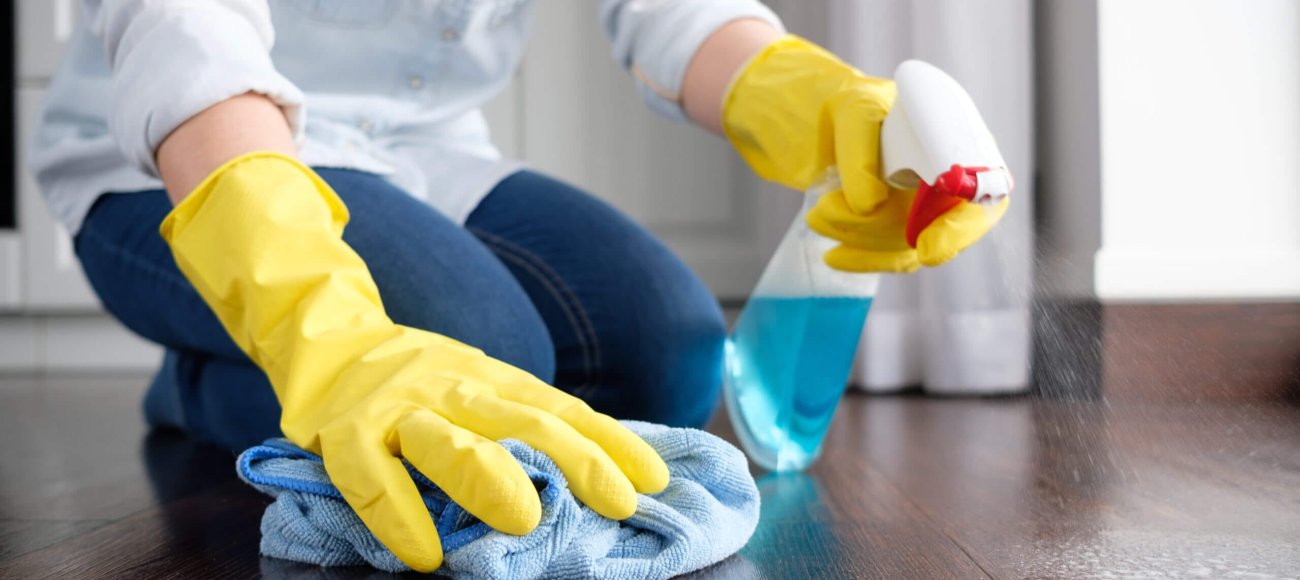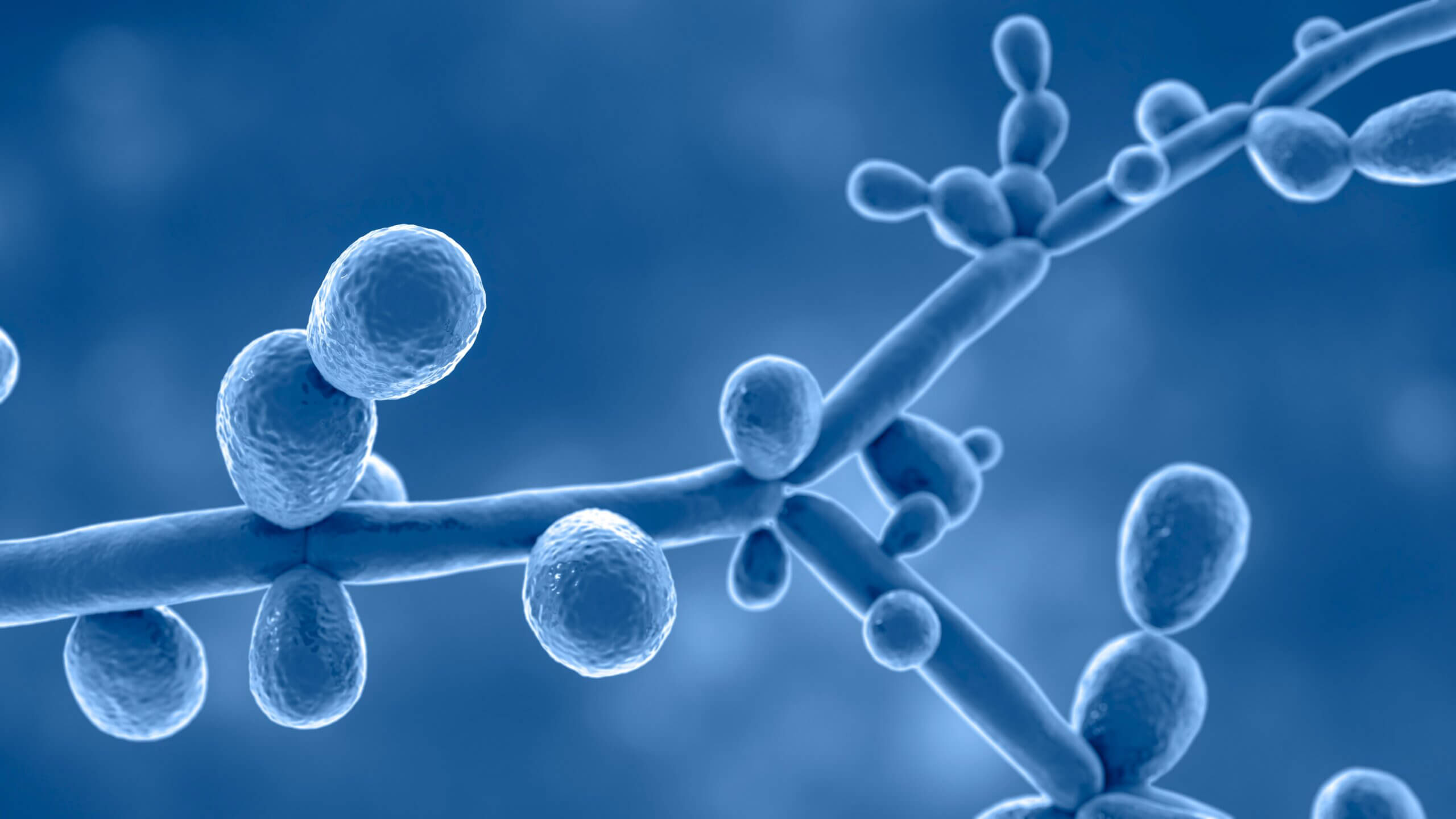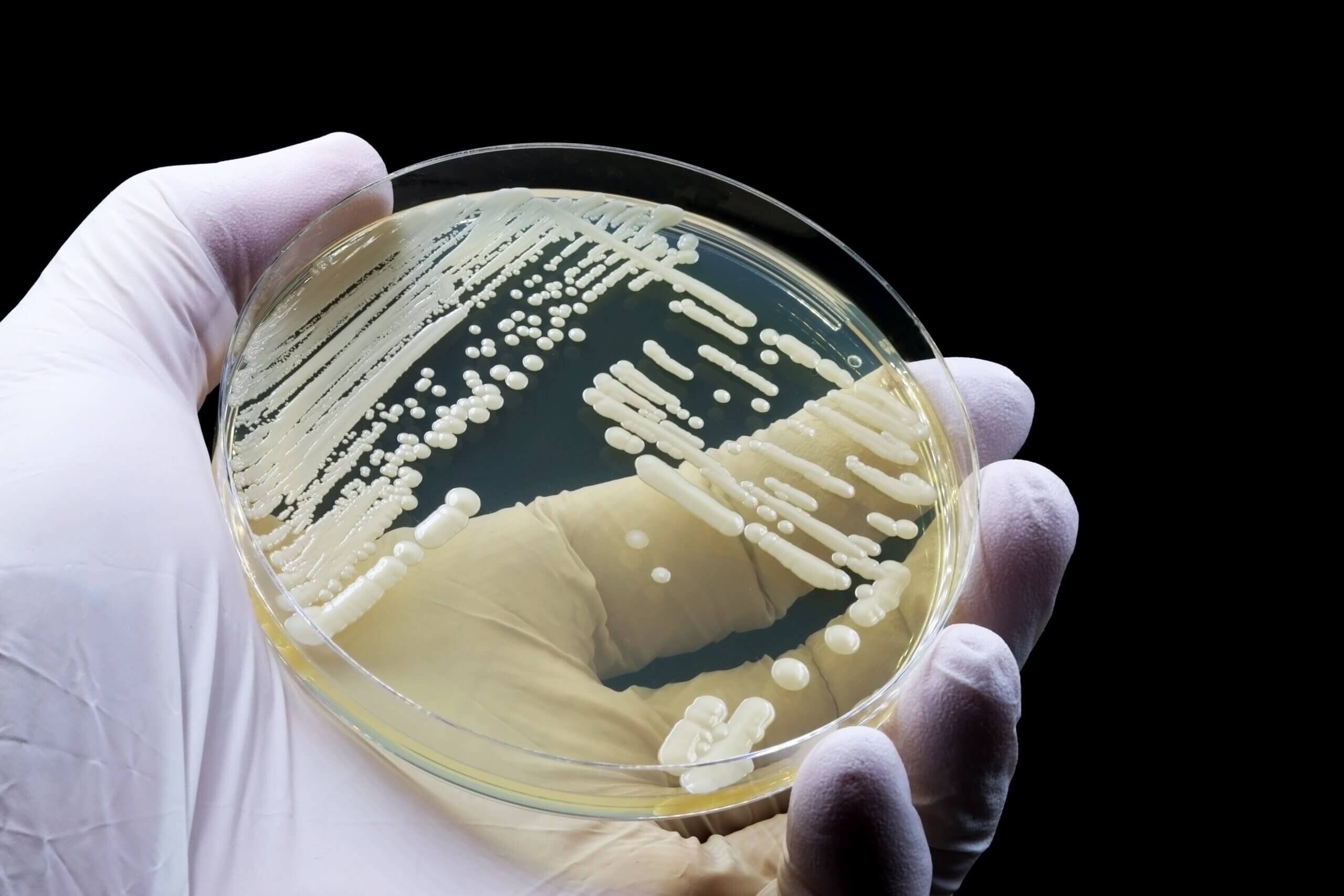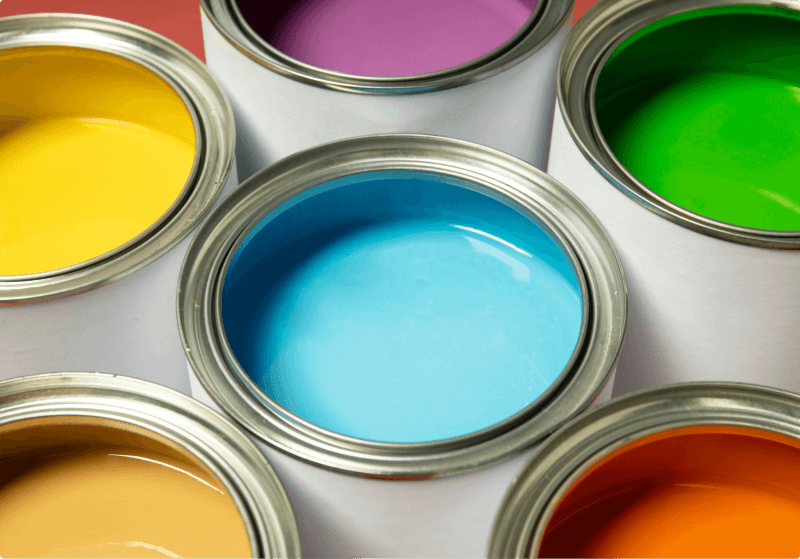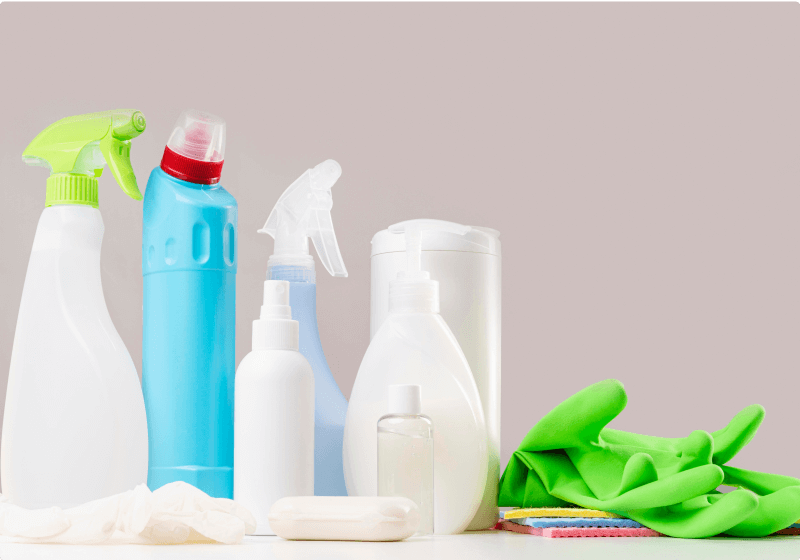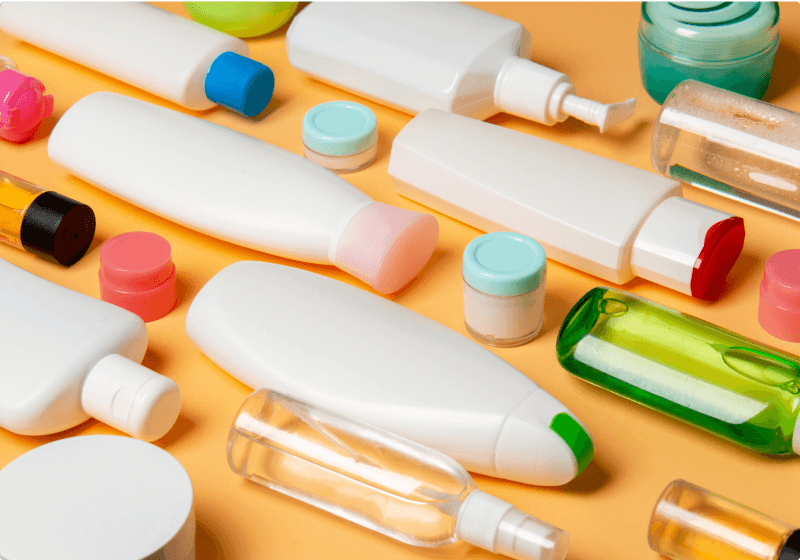EN 14347:2005: A standard to assess the performance of Surface Disinfectant
Surface disinfectants are products that play a very important role in keeping the places such as hospitals and domestic areas clean and safe from infections. It is important to verify the efficiency of these disinfectant products in the early stages of their development itself. Their effectiveness is completely dependent on the active ingredients and their composition used in their formulation which can be altered if required to enhance their efficacy.
EN 14347 is an international standard that helps confirm the effectiveness of disinfectants against bacterial spores. This article discusses how EN 14347 is essential for making sure that surface disinfectants are both effective and dependable.
EN 14347 test method
EN 14347 is important because it sets a standard way to test how well surface disinfectants kill spores. This standard helps ensure that disinfectants being developed for use in different industries are reliable and effective at getting rid of bacterial spores, hence it is very important for both manufacturers and regulatory agencies.
Role of EN 14347 in testing surface disinfectant performance
EN 14347 plays a key role in checking how well disinfectants perform. This helps confirm that the product formulations are strong and trustworthy for fighting against bacterial spores which is very important for product approval and use in various sectors.
Standard testing protocols
EN 14347 provides a detailed methodology for testing the sporicidal efficacy of chemical disinfectants. This standardization ensures consistency in testing across different laboratories and products. By adhering to a standard set of procedures, including the preparation of test organisms (specifically Bacillus subtilis and Bacillus cereus), and controlled environmental conditions, EN 14347 eliminates variability in testing outcomes that could arise from differing methodologies.
The test method involves mixing a specified volume of disinfectant or antiseptic with bacterial spores and then incubating it at 20°C for 30 to 120 minutes based on the specifications. After incubation, the mixture is neutralized to stop the sporicidal action. Spore viability is then evaluated by culturing on a growth medium and counting colonies. Efficacy is determined by calculating the logarithmic reduction in spore count required for the disinfectant to pass the test.
Sporicidal activity
Sporicidal activity is one of the toughest challenges for surface disinfectants because spores are naturally resistant to many disinfection methods. EN 14347 establishes stringent criteria for a disinfectant to qualify as sporicidal, including at least 4 log reduction in viable spore counts under specific test conditions.
This standard is vital for industries and sectors where the highest level of disinfection efficiency is needed such as –
- healthcare,
- food processing,
- domestic, and
- pharmaceuticals.
Regulatory compliance and market entry
For disinfectant manufacturers, testing as per EN 14347 is often required for making necessary modifications for product improvement before the product is considered to be ready for market entry and regulatory approval. The standard not only demonstrates a product’s efficacy in a rigorous and scientific manner but also provides confidence among consumers and professional users regarding its sporicidal activity. Adhering to EN 14347 helps in meeting the regulatory needs and requirements set by regulatory bodies and health authorities.
Public health and safety
By ensuring that surface disinfectants are capable of effectively neutralizing bacterial spores, EN 14347 directly contributes to public health and safety. Spores can be the source for bacterial diseases, particularly in environments such as hospitals, where they pose a significant risk to immunocompromised and other patients. The standard helps public health initiatives by giving a way to check the efficiency of disinfectants in controlling and preventing spore-related infections at the early stages of their development.
Innovation in disinfectant development
The rigorous testing and validation as per EN 14347 also help in innovation within the disinfectant industry. Manufacturers are motivated to develop and refine formulations that not only meet the standard’s requirements but do so in a manner that is safe, and efficient. This leads to innovation and continuous improvement of disinfectant products and technologies.
EN 14347 helps to check surface disinfectant efficacy and reliability through its detailed testing protocols for validating the sporicidal activity and facilitation of regulatory compliance. This standard checks the effectiveness of disinfectants against tough bacterial spores and also promotes innovation and trust within the industry.
MIS offers an extensive range of services for microbiological efficacy testing for chemical disinfectants and antiseptics. Beyond EN 14347, our capabilities extend to conducting efficacy tests in compliance with other standards including AOAC, ASTME, and EPA for evaluating the effectiveness of disinfectants.
For basic sporicidal efficacy validations of chemical disinfectants and antiseptics, EN 14347 is among the most commonly utilized testing methods in our laboratory.
If you’re seeking microbiological testing services, please contact us for a professional consultation.

